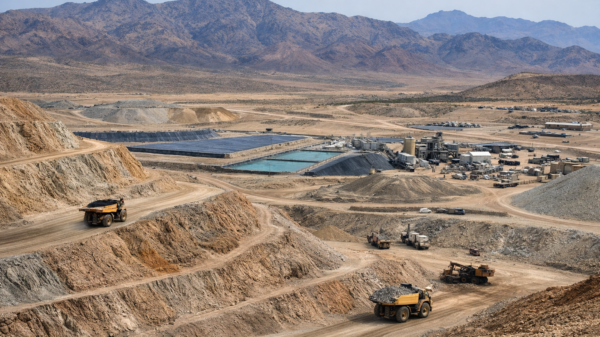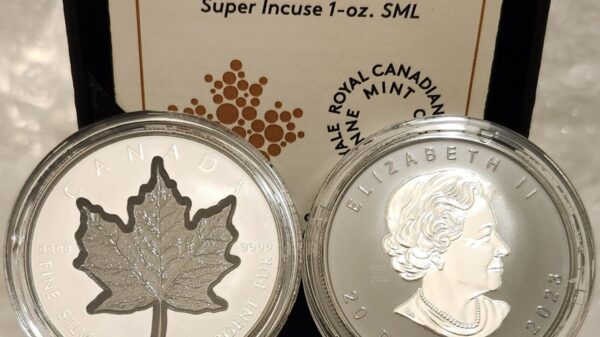The Government of Ghana has banned foreigners from buying or selling gold mined by artisan miners in an attempt to bolster its own national revenue and streamline its mining sector.
A new law enacted earlier this month grants exclusive authority over gold mining to a newly formed state body, the Ghana Gold Board (GoldBod). Prince Kwame Minkah, GoldBod spokesperson, issued an announcement on Tuesday effectively notifying all foreign companies to exit the gold market by April 30.
Ghana ranks as Africa’s largest gold producer and the sixth largest globally. However, it continues to struggle with widespread illegal gold mining, known locally as “galamsey.” The mineral-rich West African country faces harsh economic conditions and a high cost of living. Although it produces the world’s second-largest supply of cocoa, it earns little from chocolate profits.
Rising gold prices and high youth unemployment have driven the growth of illegal gold mining in Ghana. Additionally, this comes despite ongoing military operations to shut down galamsey sites. The issue featured prominently in the campaign ahead of last December’s elections.
Chinese nationals have actively participated in Ghana’s informal mining sector. Furthermore, both they and Ghanaian nationals have repeatedly faced accusations of disregarding environmental concerns.
Under a new law that parliament passed last month and President John Mahama signed on 2 April, GoldBod now holds exclusive authority to buy, sell, and export all gold produced by the artisanal and small-scale mining (ASM) sector.
The law still allows foreigners to apply to purchase or off-take gold directly from GoldBod. However, it bars them from operating within the local gold value chain.
Read more: Calibre Mining prepares for special shareholder meeting for Equinox merger
Read more: Equinox Gold acquires Calibre Mining for $2.6B
Strong warnings from new agency for unlicensed activity
Authorities have revoked the licenses of local dealers but granted them a grace period to ensure a smooth transition before the directive takes effect next month. During this period, dealers must conduct all gold transactions in Ghana cedis, the local currency, and base prices on rates set by the Bank of Ghana.
GoldBod also warned it would be an offense to deal in gold in the country without a board issued license.
The government has allocated USD$279 million to the new body to purchase and export three tonnes of gold each week. Finance Minister Cassel Ato Forson said the move aims to boost foreign exchange inflows and stabilise the local currency.
However, Kwaku Effah Asuahene, chairman of the Chamber of Bullion Traders Ghana, fears the government may struggle to generate enough revenue to buy all the gold.
Although the government did not create GoldBod specifically to combat illegal mining, the new directive could limit illegal gold sales. Illegal miners have severely polluted Ghana’s environment, affecting more than 60 per cent of the country’s water bodies.
The new administration of President Mahama views the ban as a key step toward regulating the gold sector more strictly. It also aims to fulfill campaign promises to crack down on galamsey and restore control over small-scale mining operations.
“It sends a strong message to foreign actors – especially Chinese operatives – who have circumvented local laws for years,” Nana Asante Krobea, a mining governance consultant.
He said the new law could boost government revenue and bring some order to the chaos in the gold sector. Ghana’s gold exports rose by 53.2 per cent to USD$11.6 billion last year, with nearly USD$5 billion from legal miners.
.













